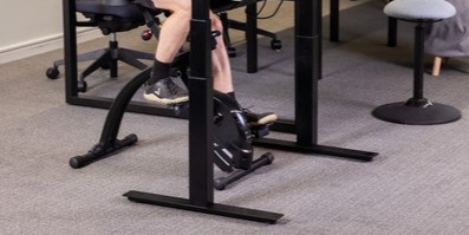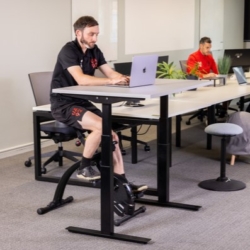October 11, 2024
Reactions to the UK’s new Employment Rights Bill
 Details of the UK’s new Employment Rights Bill were released yesterday. The legislation represents what the government claims is a significant overhaul of workers’ rights, offering more protections and benefits and helping to promote practices like flexible working. Key elements of the bill include granting workers access to statutory sick pay and parental leave from the first day of employment, and introducing a ban on exploitative zero-hour contracts. It also aims to curb controversial “fire and rehire” practices and gives employees the right to claim unfair dismissal from day one, rather than after two years of service. However, businesses will still be allowed to operate probationary periods to ensure fit for roles, with discussions suggesting a maximum of six months. (more…)
Details of the UK’s new Employment Rights Bill were released yesterday. The legislation represents what the government claims is a significant overhaul of workers’ rights, offering more protections and benefits and helping to promote practices like flexible working. Key elements of the bill include granting workers access to statutory sick pay and parental leave from the first day of employment, and introducing a ban on exploitative zero-hour contracts. It also aims to curb controversial “fire and rehire” practices and gives employees the right to claim unfair dismissal from day one, rather than after two years of service. However, businesses will still be allowed to operate probationary periods to ensure fit for roles, with discussions suggesting a maximum of six months. (more…)



































